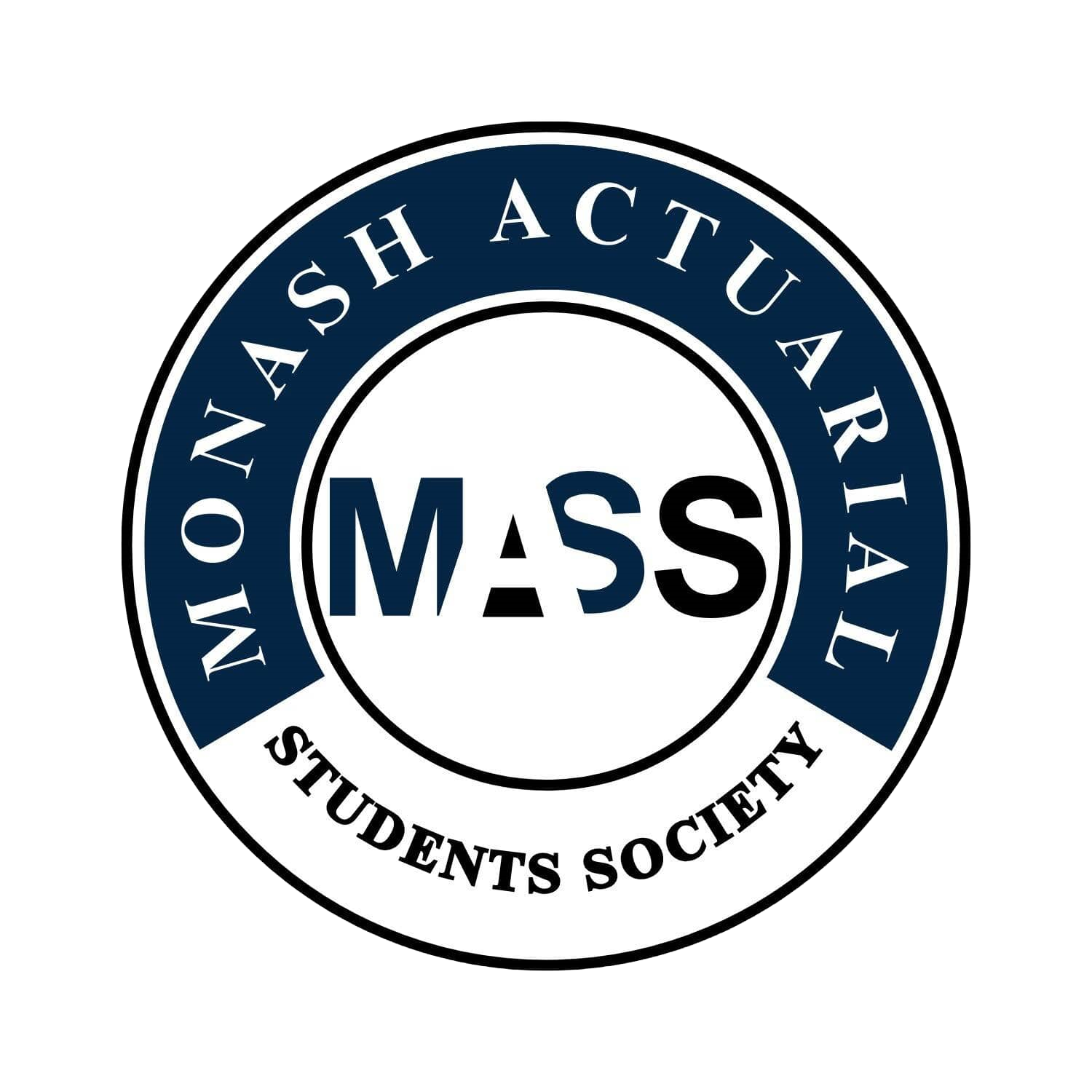ETC3550 / ETC5550 Applied Forecasting (Sem 1 2021)
Difficulty:
Year Completed: Semester 1, 2021
Prerequisite: ETC2410 or ETC2420
(or ETC3440, or ETF2100, or ETW2510)
Exemption:
CS2 Risk Modelling and Survival Analysis
ETC2420 (10%), ETC3420 (20%), ETC3430 (50%), ETC3550 (20%)
Weighted average of 70% required. Minimum of 60% required for each unit.
Mean Setu Score: 93.2%
Clarity of Learning Outcomes: 94.2%
Clarity of Assessments: 93.4%
Feedback: 89.8%
Resources: 94.2%
Engagement: 92%
Satisfaction: 94.2%
Subject Content:
Lecture(s) and Tutorial(s):
Textbook(s):
Assessments:
This unit focuses on several different models. The models covered
in this unit include: STL decompositions, Exponential Smoothing,
ARIMA models and Dynamic regressions. During this unit you will
learn which model is most appropriate for a given data set and
how the model can be specified using R. The unit also focuses on
comparing models and analysing which model is best for
forecasting using AIC.
1 x 2 hour lecture
1 x 1 hour tutorial
The textbook is given for free to students. The textbook can be
useful for some further reading and all of the tutorial questions
are taken from the textbook.
Weekly Assignment 8 x 2 or 4%
Retail Forecast Project 20%
Final Exam (3 hours) 60%
Comments
The unit was one of the most enjoyable units I have undertaken in
my undergraduate degree. The content throughout the unit is
very applicable and relevant to the real world. Some of the data
used in assignments comes directly from work that the lecturer
has consulted on. At the beginning of the unit the lecturer gave
us problems he had encountered during his consulting work. By
the end of the unit I was able to use the concepts learnt to help
solve those problems.
The lectures were engaging and had a good mix of coding and
content. The lecturer made an effort to explain the lines of the
code to ensure students were understanding what he was doing
throughout the lecture. The lecture slides includes all relevant
materials for the unit however the textbook can be used for
further clarification.
The tutorials would go through the assigned questions from each
chapter of the textbook. Specific focus was placed on the
questions that related closely to the weekly assignment. The
tutorials were well structured. They focused on covering
questions that were very relevant to the topic as well as relevant
for completing the weekly assignments. In order to achieve full
marks in weekly assignments tutorial attendance was required as
tutorials would often break down the code to help with
understanding. Similar to the concepts learnt the tutorial
questions were very applicable to the real-world.
Weekly assessments were a great way to assess a students ability
to utilise R to help them achieve their desired outcome.
Assignments also help build the necessary skills to tackle the
larger individual project at the end of the semester. It is also
important to practice the skills in the assignments as the exam
had a coding component to it.
One of the most applicable and interesting units that I have taken.
The enjoyment I experienced in this unit can be attributed to the
amazing teaching team who were continually helpful throughout
the semester and great at helping other students through the
Moodle forums.
General Overview:
Lectures:
Tutorials:
Assessments/Other Assessments
Concluding Remarks

